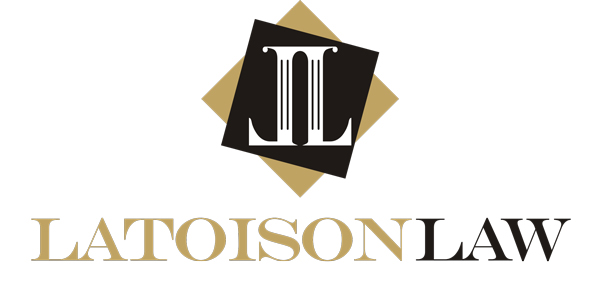2024 Ushers in Major Property and Tenant Law Changes in Pennsylvania.
Key Takeaways:
- Property Tax/Rent Rebate Expansion: Act 7 of 2023 expands eligibility and increases rebates under the PTRR program, benefiting a larger number of Pennsylvanians, especially seniors.
- Equalized and Increased Income Caps: The income eligibility threshold for homeowners and renters is now unified and raised to $45,000, with future adjustments linked to the cost of living.
- Reformed Security Deposit Laws: New amendments to security deposit laws enforce limits on amounts, define timelines for returns, and require landlords to provide itemized deduction lists.
- Elimination of Discriminatory Deed Language: A groundbreaking law facilitates the removal of restrictive racial, ethnic, or religious covenants from property deeds at no cost.
Crucial PTRR Laws and Renters Reforms Explained
In a significant legislative move, Pennsylvania introduces major changes to property owner and tenant laws in 2024. Act 7 of 2023, a key part of this change, expands the Property Tax/Rent Rebate (PTRR) program, marking the largest targeted tax cut for seniors in nearly two decades. Notably, the program now includes an increased standard rebate of up to $1,000 and raises income eligibility to $45,000 for both homeowners and renters, with future adjustments aligned with the cost of living.
The state’s security deposit laws have also been updated. These changes set clear limits on the amount landlords can collect and specify the timeline for returning deposits. Landlords are now required to provide tenants with a detailed list of any deductions from their security deposits, enhancing transparency and tenant rights.
Further advancing fair housing practices, a new law targets the removal of restrictive racial, ethnic, or religious covenants in property deeds, allowing for their removal without incurring fees. This law marks a significant step in addressing historical systemic racism in housing.
A Quick Overview of What PA Landlords Need to Know
PTRR Program Expansion:
- What It Is: The Property Tax/Rent Rebate (PTRR) program in Pennsylvania has been expanded due to new legislation (Act 7 of 2023). This program provides rebates on property taxes or rent paid by eligible individuals, primarily benefiting seniors and low-income residents.
- Landlord Perspective: As a landlord, it’s important to understand that more of your tenants, especially older ones, might now qualify for these rebates. This could impact their ability to afford rent or influence their decision to choose certain rental properties. Being informed about this program can also help you provide valuable information to your tenants, potentially enhancing landlord-tenant relationships.
Unified Income Caps:
- What It Is: The income eligibility threshold for both renters and homeowners to qualify for the PTRR program has been raised and equalized to $45,000. This means that both groups are now assessed under the same income criteria for rebate eligibility.
- Landlord Perspective: This change potentially broadens the pool of tenants who can afford your rental properties, as more people might have extra financial room due to these rebates. Understanding this shift is important for targeting the right tenant demographics and for any discussions about rent affordability with current or prospective tenants.
Security Deposit Regulations:
- What It Is: The 2024 law updates include specific amendments to how security deposits are handled. These changes include setting limits on the maximum amount a landlord can charge, specifying the timeframe within which the deposit must be returned after lease termination, and mandating that landlords provide a detailed list of any deductions made from the security deposit.
- Landlord Perspective: Compliance with these updated regulations is critical. You need to ensure that the security deposit amount you’re charging is within legal limits and that you’re returning these deposits within the stipulated timeframe. Additionally, being transparent with tenants by providing an itemized list of deductions from the security deposit can help avoid disputes and maintain a good landlord-tenant relationship.
By understanding and adapting to these changes, landlords can better manage their properties, maintain compliance with state laws, and foster positive relationships with their tenants.
Looking for an experienced landlord lawyer nearby? Latoison Law specializes in landlord-tenant law in Delaware, Montgomery, and Bucks counties. Call us at (610) 999-1439 for expert legal guidance.

